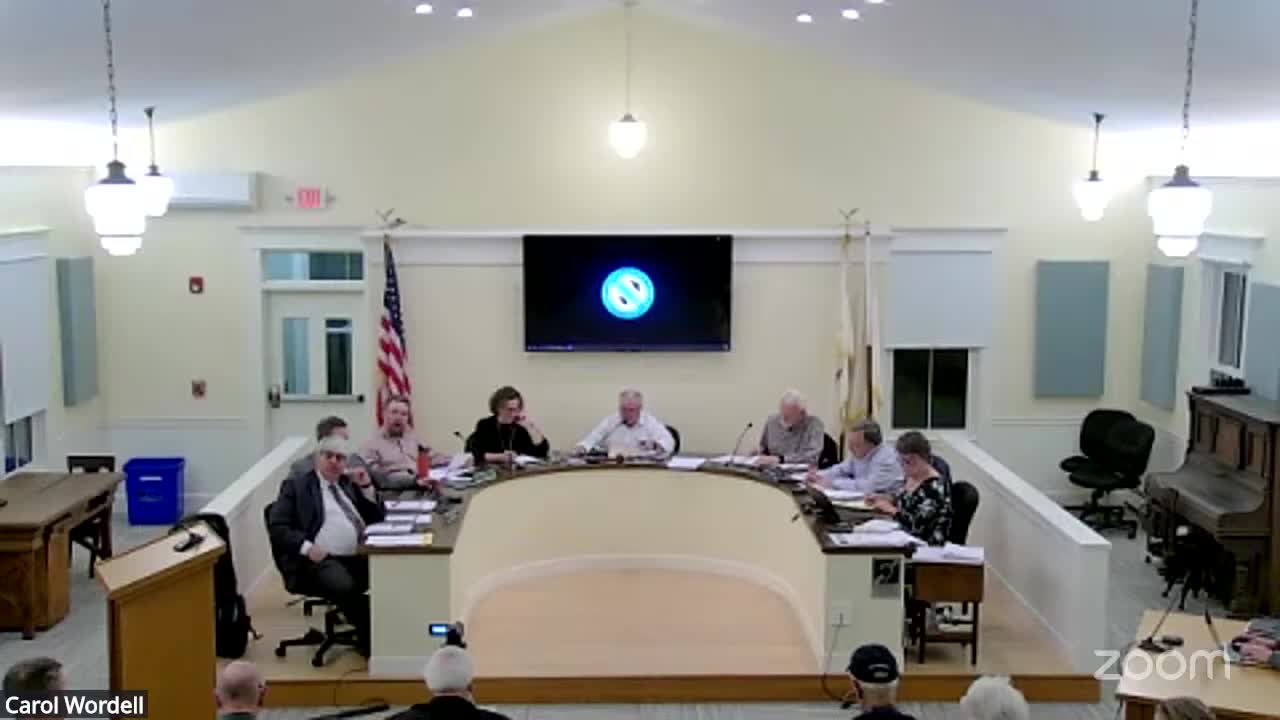Council hears homestead exemption proposals and names ad hoc committee to study options
Get AI-powered insights, summaries, and transcripts
Subscribe
Summary
Residents and volunteers presented two homestead exemption models — a $100,000 flat deduction from assessed value and an income‑based tax credit — as ways to ease tax burdens on year‑round Little Compton residents; the council created an ad hoc advisory committee to recommend an approach.
The Little Compton Town Council on Oct. 6 heard a presentation from residents proposing a homestead exemption to reduce property tax burdens for year‑round residents and voted to create an ad hoc advisory committee to study and recommend a policy.
Presenters Jack Hare, Jim Locke and Andy Ryan described two main approaches: a flat, home‑value deduction (they proposed a $100,000 deduction from assessed value) and an income‑based credit targeted to households under a stated income cutoff (proponents suggested $130,000 as a benchmark tied to local median family income). Jim Locke said the town’s homestead proposal “will be revenue neutral” if structured properly and emphasized the difference between Little Compton’s high property values and small tax base compared with other Rhode Island towns.
Supporters argued a flat deduction would benefit a larger share of residents and be administratively simpler; proponents of an income‑based approach said it would more tightly target limited relief to households that need it most but would raise administrative costs and require income verification. Speakers also discussed alternative mechanisms, including tying an exemption to median home sale price or delegating annual adjustment authority to the financial town meeting.
Council members and the town solicitor noted that adopting a homestead exemption would require action by the town council followed by enabling legislation at the state level and possible approval by the financial town meeting depending on the final structure. The council voted to form an ad hoc advisory committee to return a recommendation at a future meeting; the motion named committee members as listed in the meeting record.
What the committee will study: the two proposed models (flat deduction vs. income‑based credit), eligibility rules (voter roll, year‑round residency, or other tests), revenue neutrality scenarios, administrative costs and whether the town should tie the amount to a rolling median home price or fixed statutory amount.
